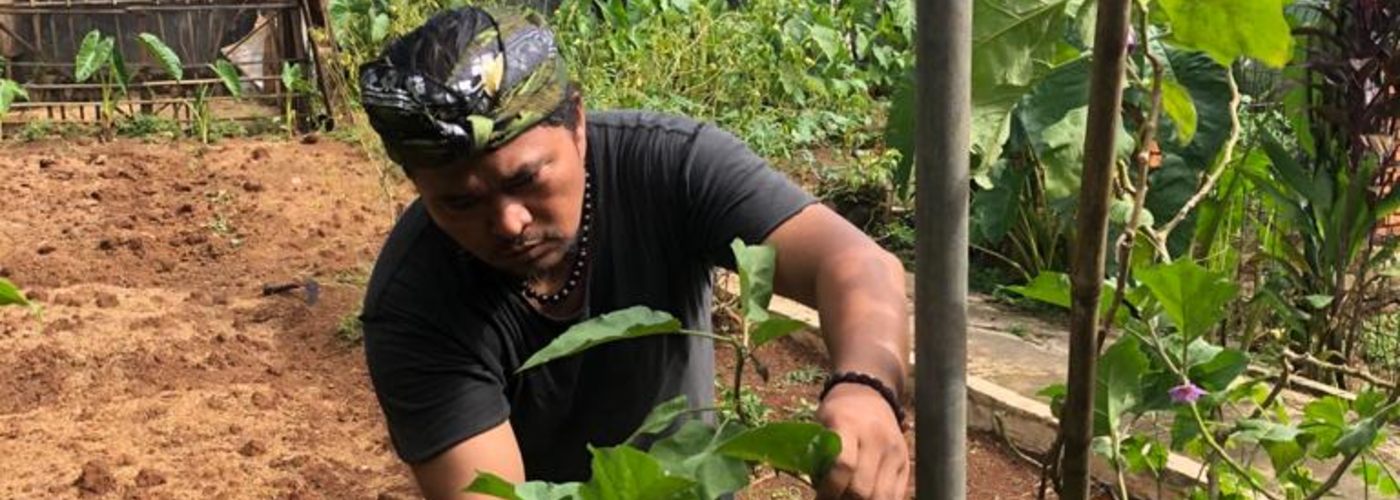Covid-19 is not only threatening people’s health, but also exacerbating the situation of those who were already marginalized. Around the globe, inequality is growing. Gender and sexual minorities in particular are in more danger than before the virus hit them. People are losing their jobs without any social security. They’re being excluded from healthcare and government aid. Instantly, they’re going from low income to dangerously poor. That’s why Hivos has launched a special fund that lets trusted partners of ours provide essential support.
The Hivos Covid-19 Rapid Response Fund is available in each of the five regions where Hivos works. At Hivos Southeast Asia in Jakarta, we spoke to our communication officer, Nova Doloksaribu. She says that the fund is a lifesaver, even though it involves a relatively small amount of money for each partner: 5000 euros.
Creating maximum impact
“We allocated the money to four partner organizations in Indonesia and The Philippines that we’ve worked with and trust. We asked them to create maximum impact, and we’ve seen how their smart and creative thinking make that possible,” she smiles.
Two of the partners normally focus on green energy; one on freedom and accountability, and the fourth on women’s empowerment. Together, they benefit about 700 people directly and many more indirectly. Each one made an inventory of what they needed most. “What’s interesting is that they all came back with the same message: ‘The people we serve want food.’ – the most basic need of all. So we sent our partners food experts to coach them. That will help them create food security and food independence, as well as learn sustainable farming methods,” Nova explains.
Marginalized groups
The beneficiaries all belong to vulnerable groups that are being marginalized even further during the current pandemic. They include indigenous women, gender and sexual minorities, people with disabilities or mental illness, and sex workers.
But Nova points out that others also benefit. “For example, one of the partners delivers food packages. The food is sourced from non-profit agricultural cooperatives. That means the farmers get a fair price for their produce. Another partner is training women to use food resources they have in their own region, which also helps create food security for their communities.”
The two other partner organizations receiving the fund also work to increase food security. They train people in home farming using their own gardens. One works with indigenous women in The Philippines; the other with gender and sexual minorities in Indonesia. Here, too, the entire community benefits from the trainees’ new skills. Nova is impressed by their methods, “They do it all over the phone, through text messages and by working together with community leaders. They are also sending the trainees seeds and farming equipment and share best practices in online sessions.”
Nova is happy with the results so far. “We were only able to start funding a couple of weeks ago, but the feedback we’re getting is positive. The only thing is – we’d love to be able to do more.”

